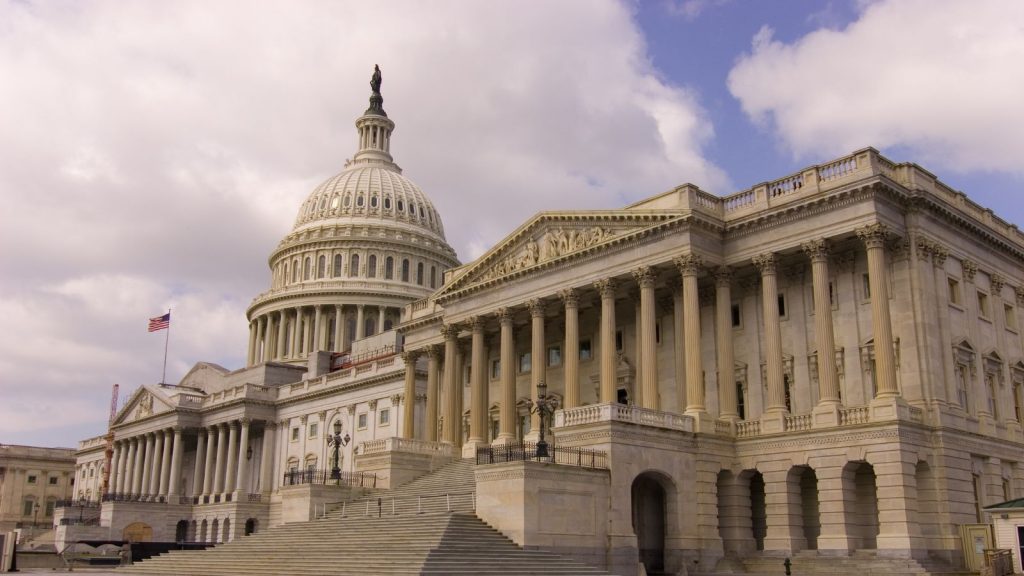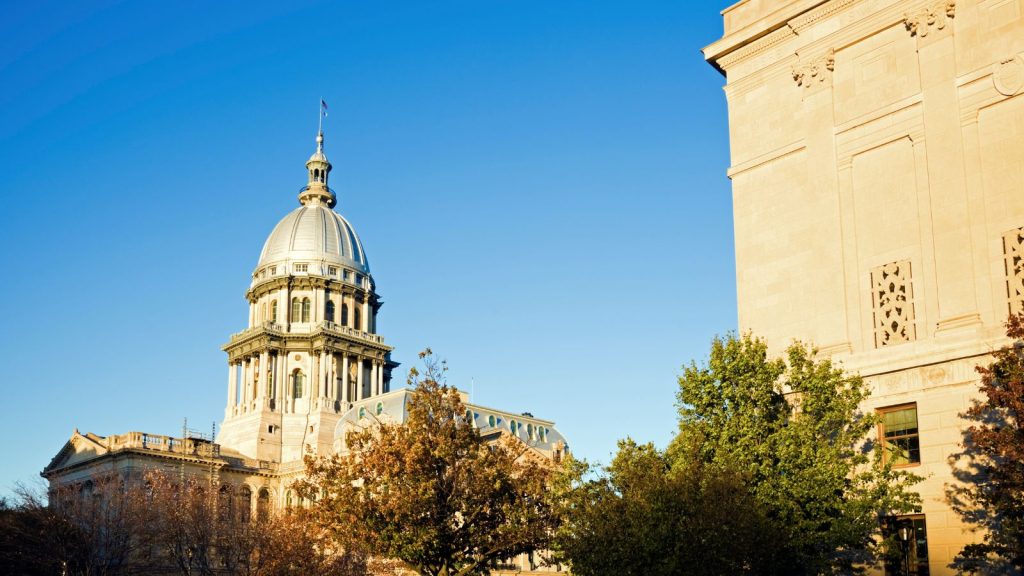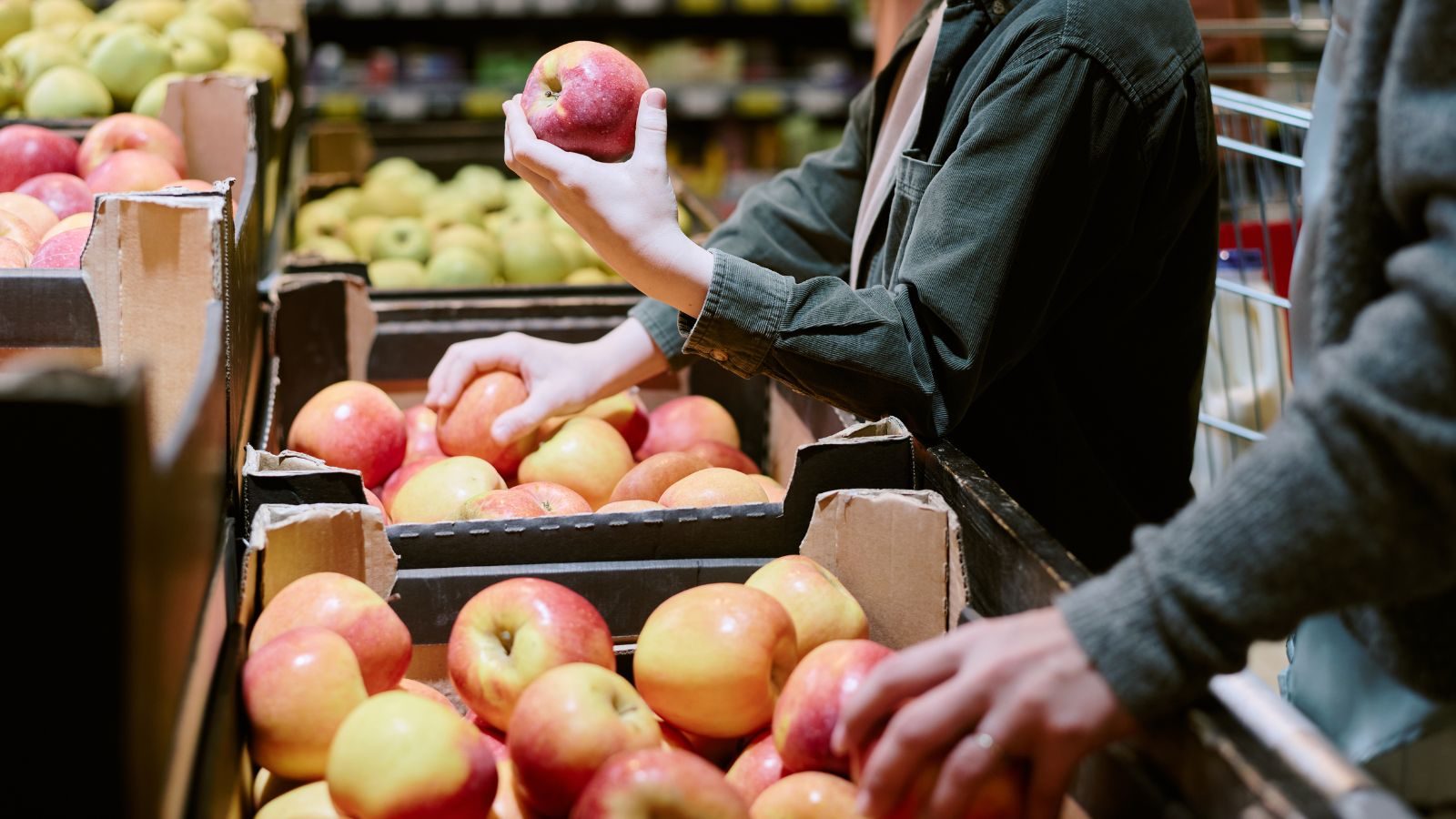Cate Caldwell
Sr. Policy Manager
When Washington gridlocks and shuts down, the consequences extend far beyond the Capitol steps. They reach kitchen tables, grocery aisles, and community food banks in every corner of Illinois. Our communities are feeling the pain as the Supplemental Nutrition Assistance Program (SNAP), which helps more than 1.8 million Illinoisans afford groceries, has been disrupted due to a lapse in federal funding. That means missed payments, delayed benefits, and empty refrigerators.
As the federal government shutdown drags into its sixth week, becoming the longest shutdown in history, the gaps in our nation’s food safety net are widening, and nowhere is that more visible than right here in Illinois. For too many, this isn’t about just hunger. It’s about dignity. It’s about parents deciding which bills to pay so their kids can eat, or seniors rationing medication because groceries have to come first. It’s the quiet fear that a system designed to help might suddenly vanish, and no one knows for how long.
H.R.1 and the Federal Shutdown: A One-Two Punch to SNAP
The government shutdown comes on the heels of another blow: H.R.1, or as I like to call it, the “Big Ugly Bill”, because we know there’s truly nothing beautiful about this bill. It’s no secret that Republicans control the House, the Senate, and the White House. Buried beneath its slogans and spending cuts lies one of the largest reductions to SNAP in U.S. history, exceeding $200 billion over a 10-year period.
At the same time, H.R.1 makes SNAP less flexible during emergencies by removing the very protections that help families weather disasters, job loss, or crises like the one unfolding now. The result is a perfect storm: federal cuts, a government shutdown, and families left stranded.
Sadly, while Washington debates and takes vote after vote, Illinois communities are left to pick up the pieces. Yes, Congressional Republicans have failed to keep the government open and protect our communities that rely on federal dollars, but the truth is, this crisis—and the resulting impacts— didn’t have to catch us off guard, especially as it relates to food insecurity. Illinois has a path forward; a plan that can protect families from hunger and uncertainty. We just have to act on it.

SB 1398: The Next Best Solution for Illinois
In this moment of crisis, Illinois has a chance to lead. Does Senate Bill 1398 sound familiar? This bill, formally known as the Food Recovery and Diversion Bill, introduced earlier this year, proposes a bold state-level solution that strengthens food security, supports farmers, and advances Illinois’ climate goals all at once. While it didn’t move this year, at its core, SB1398 recognized that hunger and climate change are interconnected challenges, and that we can’t tackle one without addressing the other.
Wasted food equals wasted money and wasted opportunity. In 2023 alone, Illinois generated 2.85 million tons of surplus food, worth $17.6 billion, yet most of it ended up in landfills. The average Illinois family of four throws away nearly $3,000 of food each year, even though 1 in 8 Illinoisans and 1 in 6 children face food insecurity. That means the equivalent of 4.6 billion meals go unsold or uneaten annually in our state, while families today are struggling even more as SNAP benefits are delayed or cut under H.R.1.
SB1398 could establish a long-awaited statewide food scrap hierarchy that prioritizes waste prevention, food rescue, animal feed, and composting or anaerobic digestion. If passed, this bill will:
- Establish a clear order for how Illinois should manage edible food and food scraps to reduce waste and emissions
- Reduce greenhouse gas emissions by diverting food scraps from landfills
- Increase food recovery for human and animal consumption
- Create jobs and develop composting infrastructure
The Broader Cost: When State and Federal Systems Fail Together
The combined effects of the shutdown and H.R.1, reveal a painful truth: Illinois is far too dependent on federal stability during an era of instability. When federal programs fail, it is our state agencies, nonprofits, and communities that must demonstrate leadership. When food insecurity rises, it doesn’t happen in isolation—it affects our schools, hospitals, local businesses, and our environment. We are seeing those consequences now: food banks overwhelmed, school meal programs stretched thin, and families forced to make impossible choices. I say it again, the gaps in our safety net are widening.
Illinois has long prided itself on being a state that steps up when Washington steps back. Illinois has a choice: remain reactive or build resilience. We already have the tools, resources, and creativity to meet this challenge. What we need now is the willingness to act boldly and compassionately.
Passing SB1398 is a chance to prove again that we can turn words into action and policy into protection. The passage of this bill won’t just be a legislative win, but a moral one.

A Call to Act and to Imagine More
We can no longer wait for Washington to get its House in order. LITERALLY.
We can’t allow edible food to rot in landfills while families go hungry. We most certainly can’t separate environmental justice from food justice, because both depend on building systems rooted in care, equity, and foresight. SB1398 offers a roadmap for that future. It shows us that environmental policy can be human policy, and that climate action can mean a hot meal on the table, a thriving local farm, or a cleaner landfill.
We missed that opportunity once. Illinois can’t afford to miss it again. Take action here and urge your lawmakers to support SB1398 next year.
Food is a human right. It’s time our policies reflected that truth.
About the Author
Cate joined the Illinois Environmental Council as a Senior Policy Manager in March of 2025. Cate’s leadership ensures that Illinois’ environmental goals are harmonized with national policies, working closely with both the State Legislature and Congressional Delegation of Illinois.
Read more by Cate:

